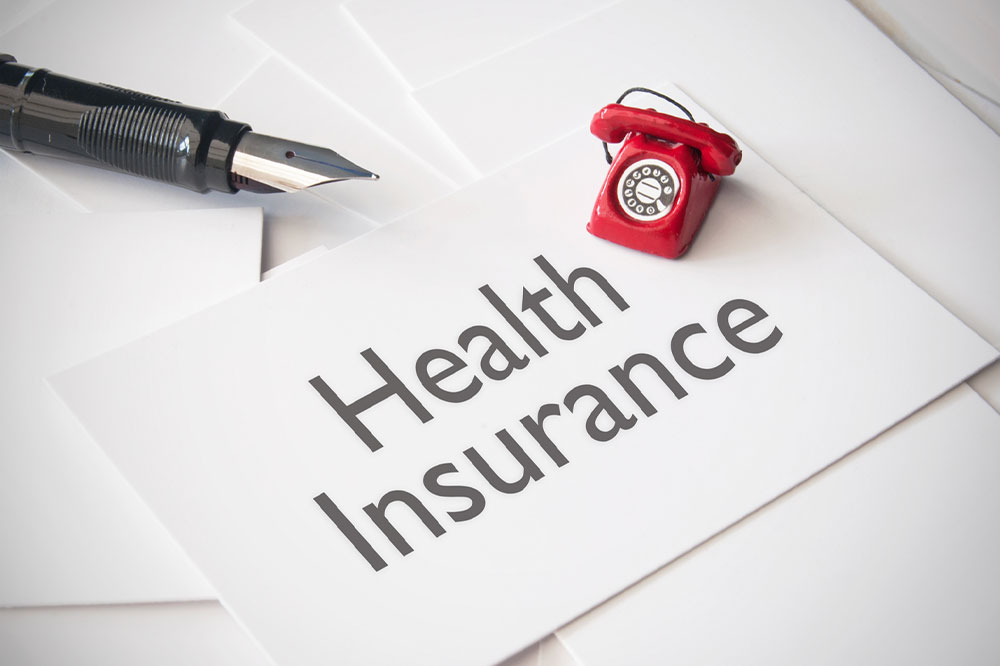5 common mistakes to steer clear of when buying health insurance

Health insurance is a mandatory requirement for all residents in the country. Moreover, a multifold increase in medical costs has made it difficult to afford decent healthcare without insurance. But with so many plans and policies available for Medicare, Medicaid, and Medigap, choosing the right one can be challenging. It is also important to note and avoid these common mistakes while planning for healthcare coverage for self and one’s family. Here are some to avoid:
Not researching properly
You have to do primary research to understand the options for health insurance. For example, United Healthcare (UHC) offers exclusive Dual Eligible Special Needs Plans (D-SNP) benefits to qualifying applicants covering Medicare and Medicaid. Seniors above 65, those with special needs due to disabilities, and citizens eligible in the low-income criteria can apply for particular insurance policies by UHC. These criteria also impact part A and part B premiums payable for 2022. Without research, you might miss several of these benefits provided by private insurance companies.
Taking insufficient coverage
Policy coverage is one of the critical factors to consider when choosing health insurance plans. The first point to consider here is the average waiting period for the policies to activate and cover expenses. Understand that qualifying diseases carry a fixed waiting period before the provider can process the claims and reimburse expenses. It is also necessary to check how much pre-hospitalization, in-patient treatment, checkups, and prescription costs are covered. All these coverage options will bring down your out-of-pocket cost to pay for medical expenses.
Not understanding sub-limits and copay
Medical insurance companies may offer lower premium plans but at the expense of signing for a higher copay. This might save your monthly cost, but you’ll pay more for the agreed-upon copay percentage for the total medical expenses. So always read the terms to understand your share in such cases. Also, most insurance plans carry a sub-limit with caps on total claims for certain medical expenses. For example, if the provider can only cover $1,000 for a particular surgery, any excess amount over this limit will be payable out of your pocket. So, compare and understand sub-limits across multiple providers to find the best package.
Providing insufficient medical history
Health insurance providers are very particular when collecting personal data for compiling patient medical history. This is mainly because certain lifestyle choices that could result in self-harm or increase the risk of chronic illnesses will affect the coverage extent and the claim’s validity. These terms are all mentioned in the fine print of the document. Not maintaining transparency with the insurance company can result in claim rejections, a higher premium, and reduced policy coverage for critical illnesses.
Relying solely on employer insurance
Large organizations provide a group policy for their employees that offers basic coverage for eligible medical costs. However, it is also essential for you to consider taking up additional policies from third-party vendors to bridge the coverage gap and also prevent any shortfalls from receiving necessary medical treatment.






